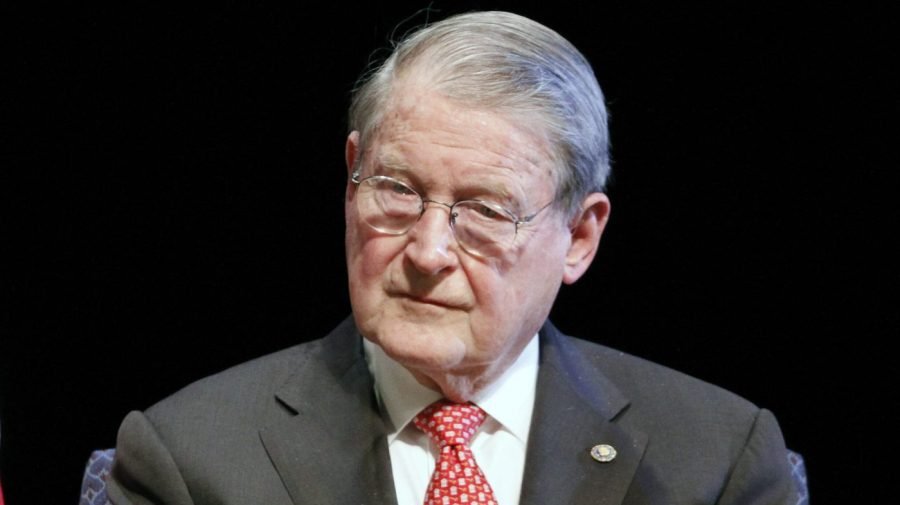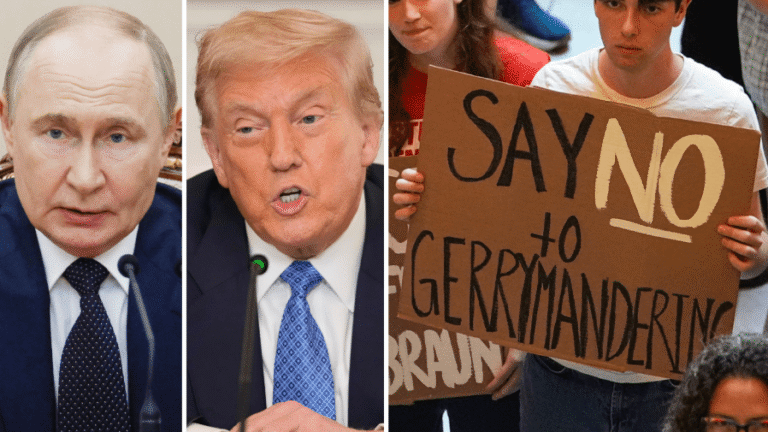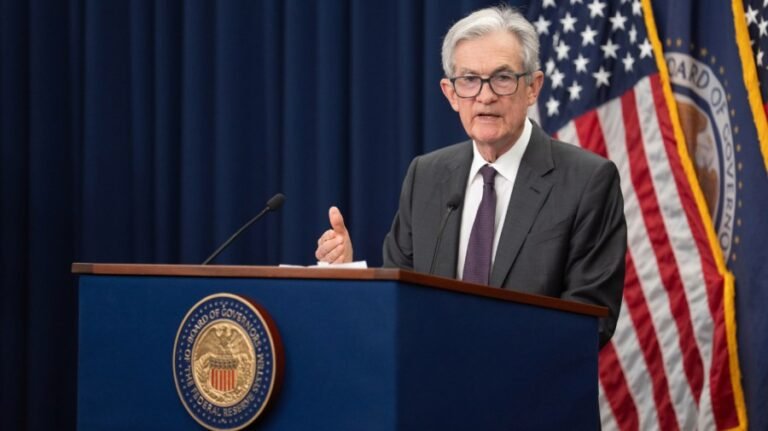
The intelligence community reacted to the death of William H. Webster, the first and only official to lead both the FBI and CIA, commending him for his public service.
Webster, according to a statement from his family, died Friday at the age of 101.
“The proud and loving family of the Honorable William H. Webster sadly announces the death of a beloved husband, father, grandfather, great grandfather and patriot,” the family wrote.
Former FBI Director Chris Wray, in his first statement since leaving the bureau, called the late director a “giant” in the legacy of the community.
“He was, in every sense, a giant — not only in the history of our nation’s security, but in the hearts of all who believe in public service grounded in integrity and principle,” Wray said in a statement, according to The Associated Press.
The FBI, in post on social platform X, said the nation would be “forever grateful” to Webster.
“We extend our deepest condolences to his family, friends, and former colleagues,” the agency wrote. “Judge Webster’s unwavering commitment to justice leaves a lasting legacy. We are forever grateful for his service to our nation.”
Webster, after spending time in the U.S. Navy and working as a federal judge, was tapped by former President Carter to lead the FBI, where he spent nine years shaping the bureau. Under former Presidents Reagan and George H.W. Bush, he helmed the CIA.
“Judge Webster had the respect and confidence of several Presidents from both parties, including my father and me,” former President George W. Bush wrote in a post shared to X. “His passion for the rule of law and for the greatness of America made him a model public servant — and earned him the unique distinction of being the only person to have directed both the CIA and FBI.”
“I am grateful for this good man’s many contributions to our country, and I send my condolences to Lynda and his family,” he added.
While at the CIA, Webster helped navigate the Iran-Contra controversy with patience and peace in mind, according to the AP.
“Whatever the outcome, I am convinced that the most important ingredient is professional respect and mutual trust. No laws can make these happen,” Webster said of the scandal at the time.
His words have reverberated throughout the intelligence community decades later as the Trump administration faced push back over President Trump’s nominations of Kash Patel to lead the FBI and former Democratic Rep. Tulsi Gabbard (Hawaii), who has since joined the GOP, as the director of national intelligence. Webster heavily lobbied against both candidates.
“While Mr. Patel’s intelligence and patriotism are commendable, his close political alignment with President Trump raises serious concerns about impartiality and integrity,” Webster wrote. “Statements such as ‘He’s my intel guy’ and his record of executing the president’s directives suggest a loyalty to individuals rather than the rule of law—a dangerous precedent for an agency tasked with impartial enforcement of justice.”
He also criticized Gabbard for a “profound lack of experience,” which earned a harsh response from the president.
Wray, who retired from the FBI after Trump’s return to the Oval Office, said despite past tensions, Webster’s legacy would live on.
“His legacy will endure—not only in the institutions he guided, but in the generations of public servants he inspired to carry the torch forward,” the former director said.


